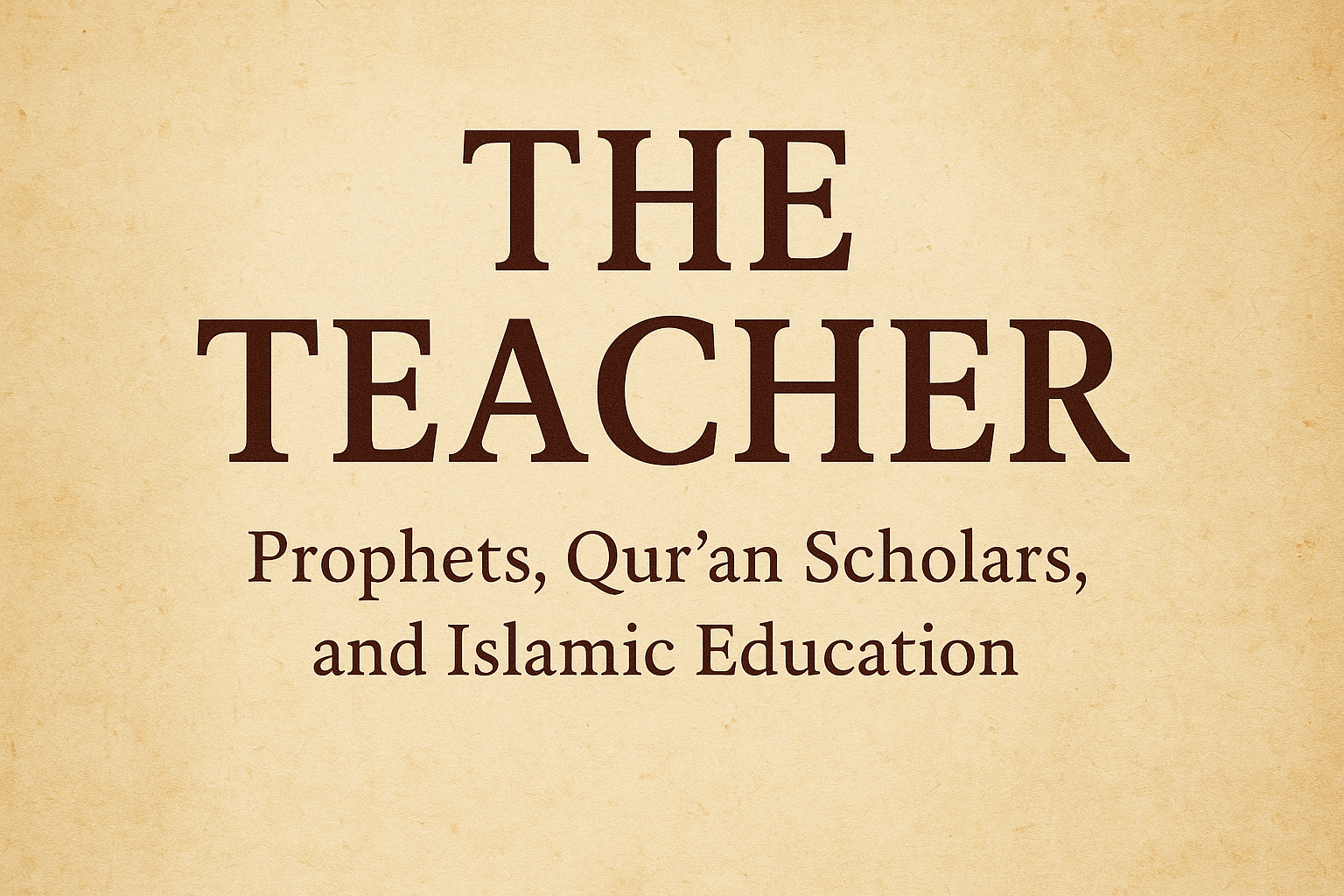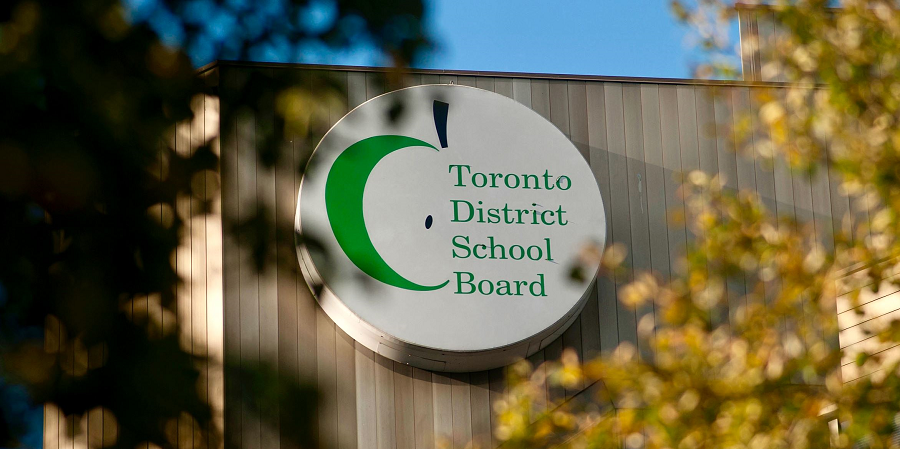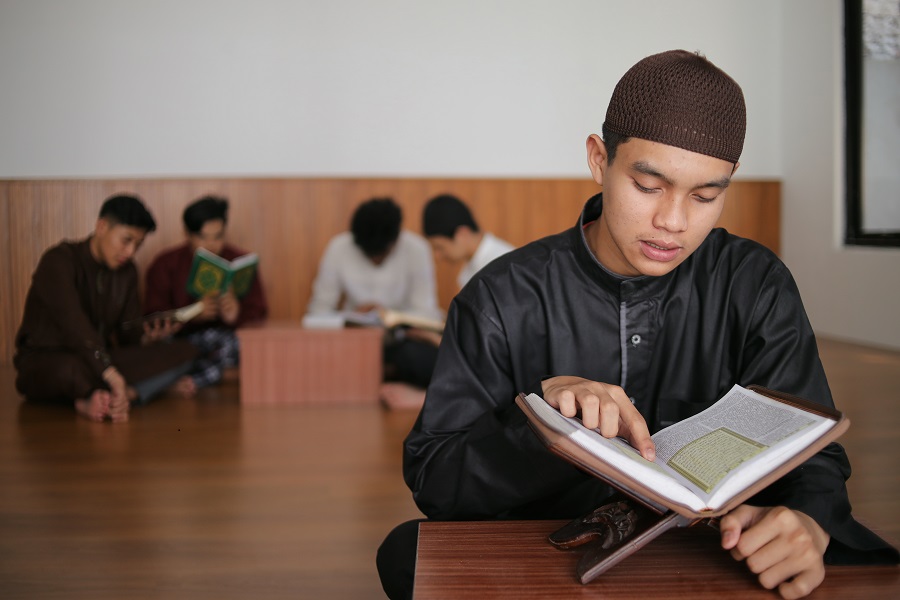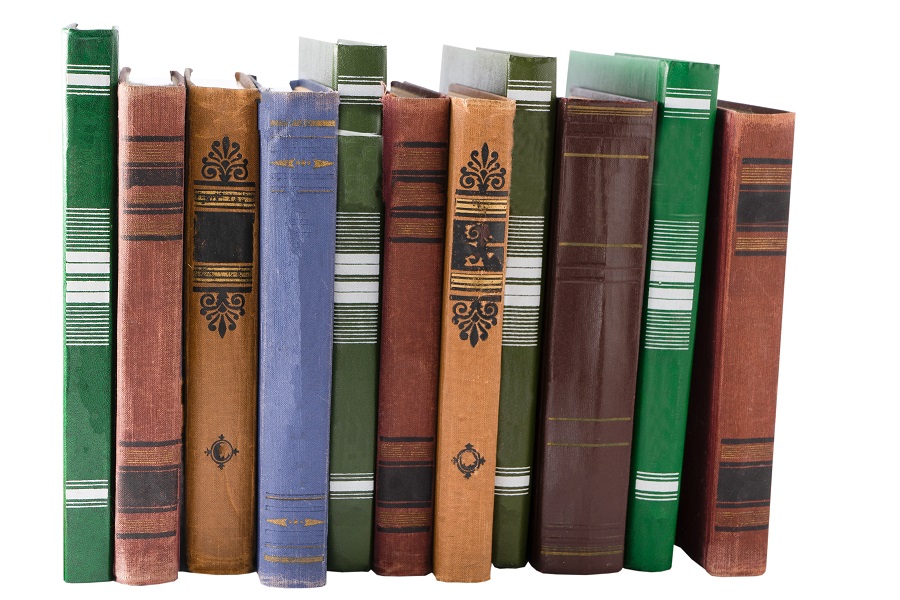By Jawed Anwar
[The following article is the second article from the series of columns written on the intellectual history, education system of Muslim India (before 1947 and before British occupation), and Madrasahs, originally published in Muslims Weekly, New York, USA, in the weekly column 'Personal Notes' in 2004 and after that posted several times on different websites. This series is the new edition, extensively reviewed version. These articles are the guidelines to those who are trying to revive the Islamic/Muslim education in the modern world.]
From old civilizations to the civilization created by the Prophet Ibrahim (Abraham) and Muhammad (Peace be upon them), the priorities of education were more or less the same. Knowledge of the book (revelation from God) and wisdom was always of prime importance.
“Since We have sent you a messenger from among yourselves—reciting to you Our revelations, purifying you, teaching you the Book and wisdom, and teaching you what you never knew—” [Qur’an: Al-Baqarah (2):151]
Ancient Greek philosophers of the 5th century (Before Christ) were also dead against the excessive materialist culture that drove Greek culture. The Greeks indulged heavily in materialism, luxury, and pleasure. The philosophers were against such indulgences, and they criticized them in their works and discourses. The great thinkers of Greece sought to divert society's attention more towards realism and wisdom.
Socrates initiated this movement. In the beginning, Socrates acted in the same manner as his fellow citizens. Later, he enlightened himself and realized that humans are superior to materials; therefore, our main concern should be with people, not material wealth. After that, he coined the famous statement and idea, "Know Thyself." This concept became the gist of his thoughts. It was a revolutionary slogan of the time that affected the life and thoughts of generation after generation. Based on his thoughts, the priorities of knowledge were established as follows:
- Knowledge of wisdom [metaphysics (divine knowledge), morality, and education];
- Knowledge of society (law, politics, and medicine);
- Knowledge of material (science);
- Industry, skills, arts, and crafts.
These priorities were taken and implemented worldwide, including China, India, Arabia, and Iran. When Islam came to Arabia, it revolutionized the entire education system. However, its sequence and priorities remained almost the same. This arrangement continued for nearly 2,000 years after Socrates, until the sixteenth century, the European Renaissance (14th to 17th century).
During the Renaissance, the Western intellectual class changed the whole sequence. They had a different mindset and were not ready to accept anything that came from the Church, from divine knowledge. They were biased. They believed everything rooted in the Church was nonscientific, illogical, and systemically oppressive. Therefore, Socrates's methods and priorities of education were changed just because the Church was practicing the system.
Johann Friedrich Herbart (1776–1841) claimed that there are only two types of knowledge: knowledge of the human and the knowledge of nature or society and science. A French scholar, Auguste Comte (1798–1857), went further and concluded that there is only one knowledge: observation and experimentation (materialism). These thoughts changed the Western trends that granted science priority number one in the modern system of education. Social science education was considered inferior, and the teaching of religion and morality found no place in their system.
It was the beginning of the downfall of society. When Western powers conquered Muslim lands through deception and conspiracy, they implemented the same materialistic education system after further distortions. They were looking to produce from this education system: obedient soldiers, head-down clerks, thoughtless intellectuals, and conformist politicians.
This education system is still protected, guarded, and implemented by the West's loyal and slavish rulers in the Muslim world in the post-colonial period. Now, suppose the policymakers of Islamic education will repeat the same thing and establish the same priority and make the same mistakes and follow the same rules. In that case, such a system will be even more terrible.
Muslims must not waste Muslim resources, time, and money to establish the existing copied education system just in the name of education. Please note: for the first time in human history, Islam established education as a basic necessity for every human being. No other religion, society, or civilization has granted education such elevated status."
Based on the necessities and requirements, Islam established its priorities of education under its different headings.
- Fard-e-Ain (mandatory for everybody): To know the purpose of life and knowledge related to the guidance, faith, and Ibadah are compulsory. Even a person who can't read and write has to know this part by any means. "Seeking knowledge is a duty upon every Muslim male and female (Sunan Ibn Majah, Hadith 224). Acquiring essential religious knowledge is obligatory on every Muslim man and woman. Without this knowledge, a person can't be fully human. For this education, we have two books: the book of Allah (Qur'an) and the book of Sunnah (the sayings and practices of Prophet Muhammad ﷺ). "Acquire (this) knowledge and teach it to the people (Shu'ab al-Iman by Al-Bayhaqi)."
The principle of Islam is that for whatever is obligatory upon everyone, the primary responsibility for its provision lies with the individual, while the ultimate responsibility lies with the society and the state.
- Fard-e-Kifayah (mandatory for most): This is the type of education for which most people in the Muslim society should always be available. It is the discipline of knowledge that helps to get a more profound understanding of the guidance. The recitation, memorization of the Qur'an, the in-depth knowledge and comprehension of the Qur'an, Ahadith (sayings and deeds of the Prophet), Fiqh (Islamic rules and laws), Arabic language, Math to calculate Zakat, Inheritance, and movements of sun and moon to calculate time, months, and years. “He is the One Who made the sun a radiant source and the moon a reflected light, with precisely ordained phases, so that you may know the number of years and calculation ˹of time˺. Allah did not create all this except for a purpose. He makes the signs clear for people of knowledge.” [Qur’an: Yunus (10):5] . Islam also makes that knowledge mandatory for some or most to fulfill the responsibility of the khilafah (the state) because Islam doesn't promote a monastery lifestyle. All knowledge that benefits the society—like business, industry, agriculture, medicine, science, and technology—will also come in this category.
- Mustahab (necessity): All the knowledge that helps to acquire knowledge of Fard-e-Ain and Fard-e-Kifayah.
- Mubah (not mandatory; not necessary): Harmless education is a Mubah. Examples are literature and light entertainment. However, whenever it is proven that any knowledge in this category weakens the first two parts of the education, this part will not be a Mubah, but it will become a Makrooh.
- Makrooh (not likable): This is the type of unfruitful knowledge and a waste of time. Islam prohibits wasting time. The devotion in this type of learning is harmful to the society; for example, the experience of "Nujoom," astrology, palm reading, etc.
- Haram (prohibited): Any knowledge is not permitted if it weakens the purpose of life, belief and good deeds, disorients from the goal, the unity of thought and action, pollutes the mind, and invites the fall of character. Prophet Muhammad (SAW) prayed, "O Allah! I seek refuge in You from knowledge that does not benefit." (Sahih Muslim, Book 48, Number 2722).
Based on the priorities set by Islam, for the modern world we are sequencing as follows:
- Qur’an (Tajweed, Qira'at, Tilawah, Tahfeez, Grammar, Morphology, Language, & Tafseer).
- Sunnah (Elementary, Intermediate, and advanced level of Science of Hadith; 'Ilm Tadwin al-Hadith, 'Ilm al-Hadith, 'Ilm Usul al-Hadith, Mustalah al-Hadith, 'Ilm al-Rijal, Ilm Jarh wa Ta'dil, Isnad, Matn, Taraf, Takhrij, history and development of Hadith, and Fiqh; Usul-e-Fiqh).
- Seerah (Prophet Muhammad ﷺ, Other Prophets, and Companions of Prophet Muhammad ﷺ).
- Tarbiyah/Tazkia (Tahzeeb e Nafs).
- Islamic Civilization (Islamic Social Sciences; Politics, Society, Economy, History, Geography, Philosophy, Arts & Culture, and media & communication).
- Language (English and other local language)—Language books should represent Islamic civilization.
- Mathematics, Accounting.
- Science & Technology—Science does not and should not conflict with the knowledge of Wahi (Qur’an and Hadith). Technology includes Information Technology (IT) and Artificial Intelligence (AI).
- Leadership (Prophet’s ﷺ model), Governance (focusing on the model of Umar ؓ), Islamic Worldview/Geo Politics.
- Modern Jahliyah (Modernism, Materialism, Secularism, Liberalism, Nationalism, Capitalism, Communism, Socialism, Deism, Imperialism, Fascism, Racism, and Zionism, etc.).
- Business/Entrepreneurial Skill.
- Health and Physical Education.
All worldly subjects should be studied in the light of the Quran and Sunnah. For students aged 4 to 18, curriculum developers, syllabus designers, and book publishers should prepare courses for the subjects mentioned above. Fourteen years are sufficient to cover most subjects while allowing students to specialize in a few areas of their interest. At this stage, we are not addressing higher, specialized university-level education.
ARTICLE 1: The Purpose and Objective of Education
E: jawed@seerahwest.com
JOIN
AsSeerah What's App Channel Follow: AsSeerah Facebook Page AsSeerah X Be the Writer’s Friend https://www.facebook.com/JawedAnwarPage/







